The Secret Garden Review: The Adaptation Is a Delight
Frances Hodgson Burnett’s 1911 novel The Secret Garden (check price at Amazon) has been adapted before. It’s been on the big screen a number of times, on television and on the stage, including a Tony Award-winning musical. There has always been something lovely about it, but it’s sort of standoffish.
In the story, the main character, Mary (played in the film by Dixie Egerickx), is brought up in India, but after her parents die, she’s whisked away to her gruff and unpleasant uncle (Colin Firth) in England. She’s a brat. There are no two ways about it. Then she finds a secret garden on the grounds, and it changes things.
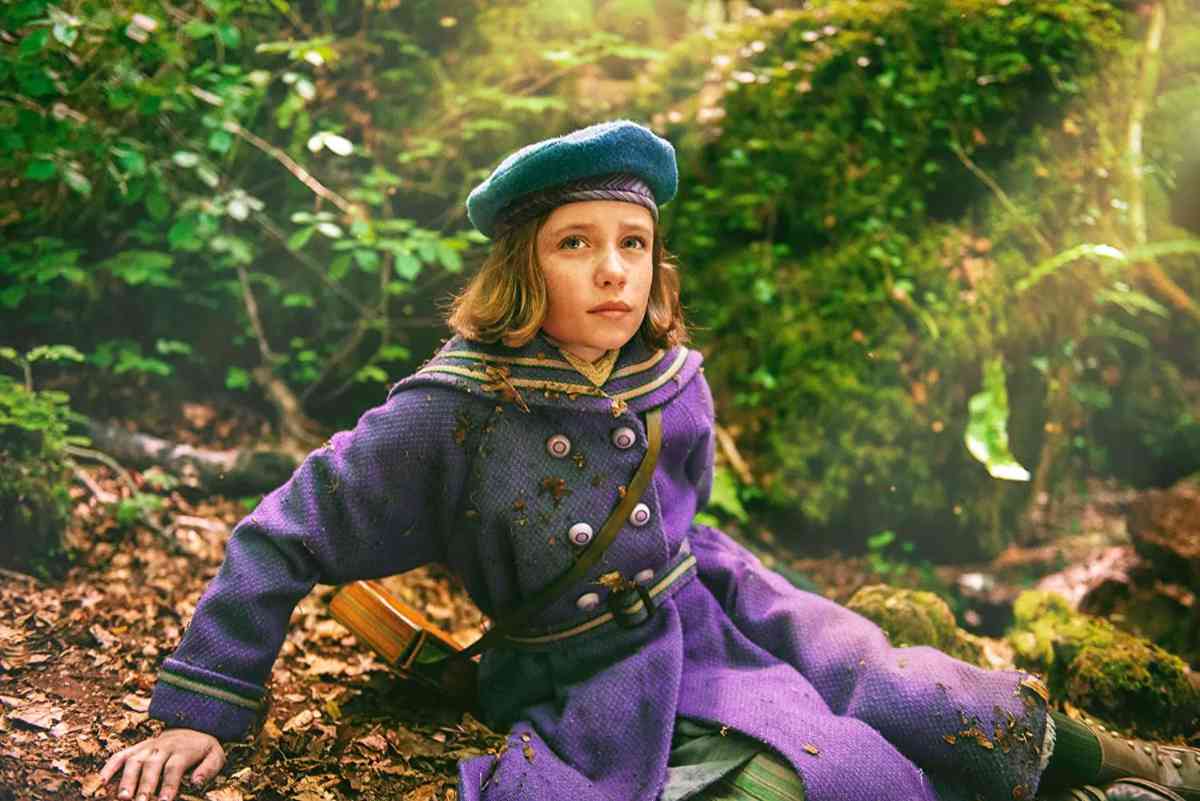
I just never liked her character. She seemed to be a brat without any connection to what happened to her. I mean, you know that’s why, but it always felt sort of arbitrary. Like Mary was a brat in the beginning, so she could have an arc later. However, in the new StudioCanal version, set right after the Partition between India and Pakistan in 1947, there is a real attempt to connect Mary’s acting out to why she’s doing it.
That sounds sort of cold, and I don’t mean it to. The Secret Garden is anything but cold. It’s one of the most soothing, comforting, and, more importantly, relatable things I’ve seen in some time. It’s like a giant bowl of chicken soup. Do you know that first sip when you feel your body relax? I felt like that watching the film.
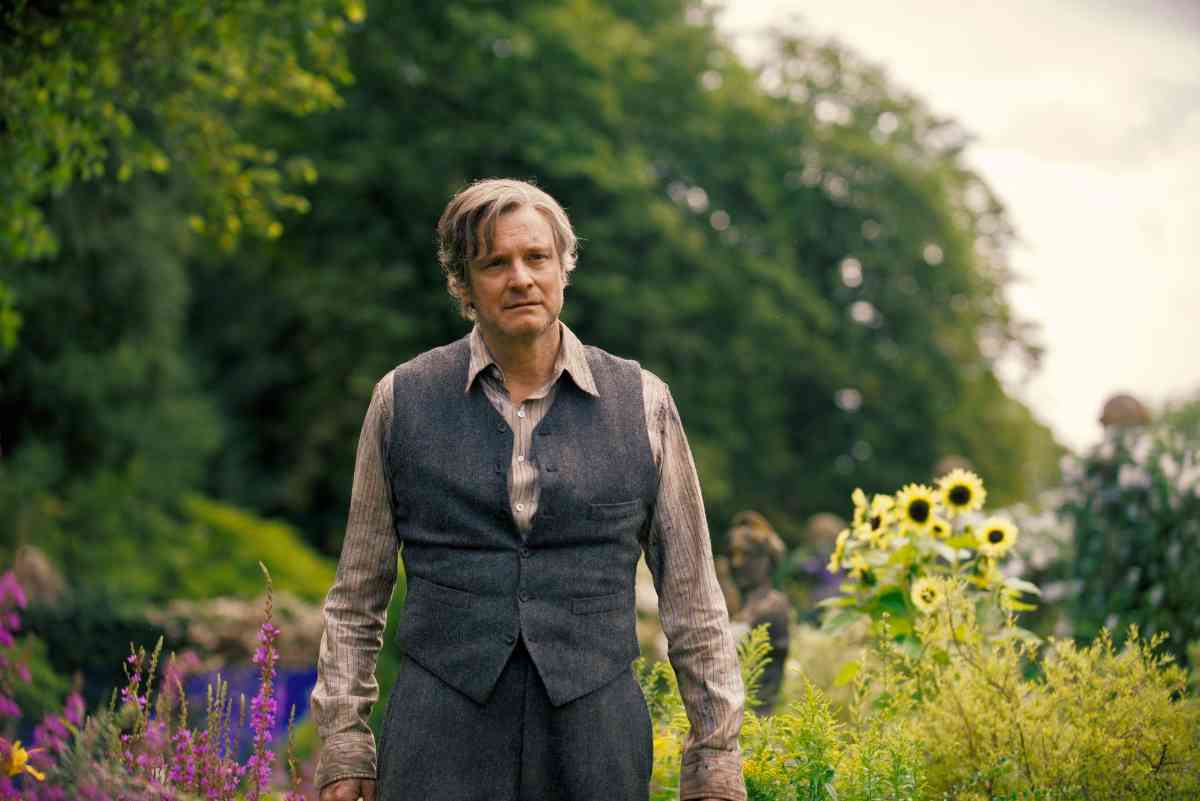
Mary, who is played beautifully by Egerickx, has been through hell. Her mother (Maeve Dermody) lost her twin sister when Mary was only three and never quite recovered. Before her parents died, she’d already lost her mom to sadness and depression.
In a child, that often manifests in feeling that her mother doesn’t love her. Mary is headstrong, not bratty. She’s used to getting what she wants in terms of servants but not in terms of love.
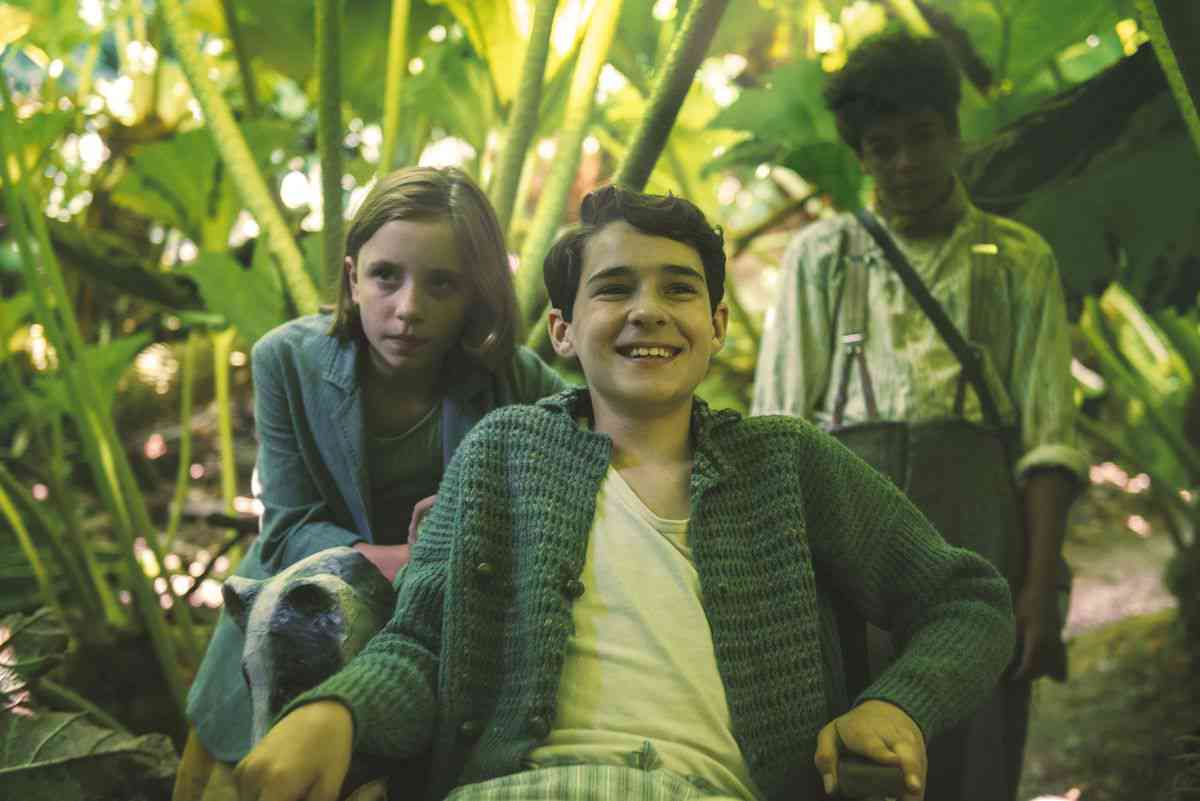
Loss can make you bitter. Loss can make you sad. Loss can also make you stronger, and that’s where this film really shines. Mary is a smart child, and when she’s left to fend for herself, she is determined to find friends and adventures. She’s taken that loss and turned it into a search for connection. First, it’s a dog. Then it’s her cousin (Edan Hayhurst), who’s been told that he’s dying, disabled, and that pollen will kill him. She’s determined to save him with her practicality.
She’s also found someone to listen to the stories she creates, something her mother didn’t and couldn’t do. She finds Dickon (a very charming Amir Wilson), the brother of the kindly maid Martha (Isis Davis), and connects with him over his own loss. She reaches out to her uncle. She’s lost her family, and this strong little girl finds a way to make her own.

In a way, this film is a meditation on post-traumatic growth. Forgive me. I’ve spent a lot of time writing chapters for pop culture psychology books, though I’m not a psychologist myself. Post-traumatic growth sometimes happens instead of or along with PTSD. It’s how a loss or a trauma can make you stronger. Mary is determined to find something good, and she’s going to bring her friends along with her, no matter what. That’s not bratty. That’s using loss for something wonderful.
I think that, right now, this is a film that is exactly what we all need. One of the things my psychologist author friends have been saying a lot is that the ennui and depression we feel, the bursting into tears that many of us have been doing, all of the symptoms we’re having are actually a form of grief. Seeing a young girl take that grief and do something wonderful with it is such a boon to the soul right now.
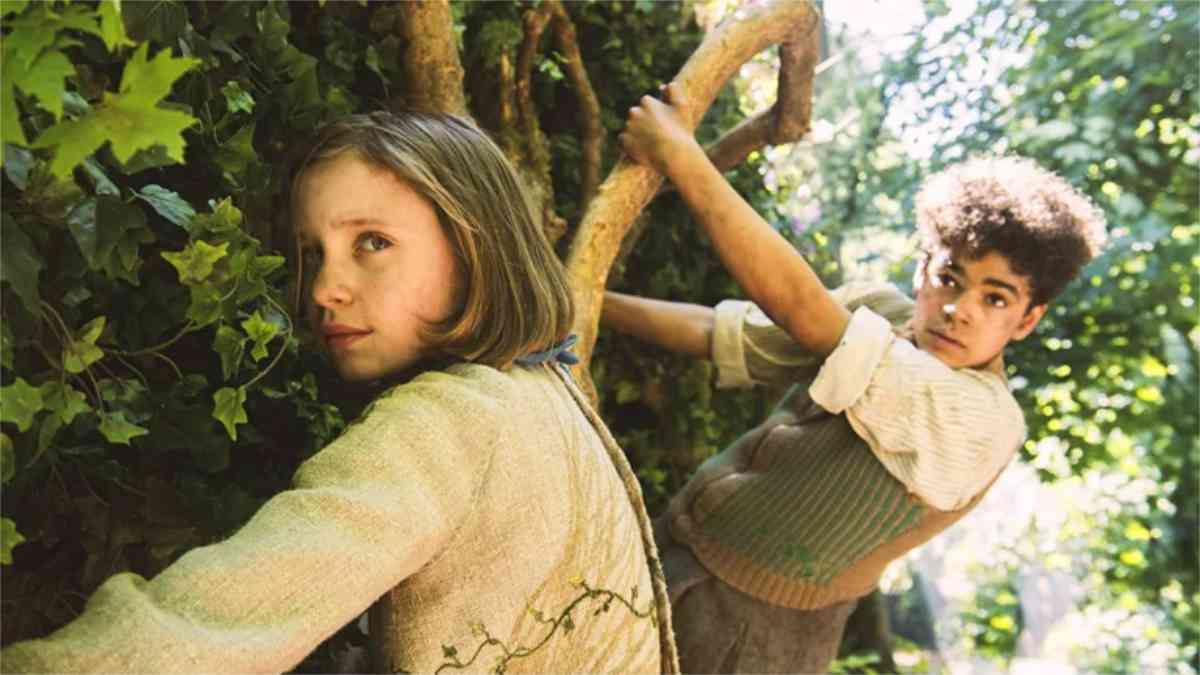
The production design in this film is soothing as well. Mary finds a magical garden with a sad past that she’s determined to make into a good thing. What we don’t see is a production leaning on the actual magic of the place. We’re seeing how the imagination can make something magical out of the ordinary world.
There is a moment when Mary enters a room filled with her mother’s and aunt’s dresses, photographs, and jewelry. The coloring of the house has been dark despite the lovely murals on the walls. It’s a sad place. When Mary enters, however, a bit of sun on dress beading sends rainbows into the air. It’s a normal phenomenon, but you watch as what’s normal is exaggerated by her mind into something magical.

The same thing happens when a bird happens to stop close to her. It makes sense. The bird has rarely seen a human, so it’s not afraid, but in Mary’s mind, the bird is magical. Have you ever had a squirrel sit close to you or a stray dog show up? You feel… special for a moment. For a child, it’s a magical thing. Again, we see the normal become extraordinary because of her imagination. We’re watching the adaptability of a child and their willingness to see the magic in small moments.
There is so much peace in a film like this. You’ll get to the end and wish you could live in that world for a bit longer. Maybe that’s a good thing. Use your imagination, and make your own magic. We could all use a little bit of that right now.
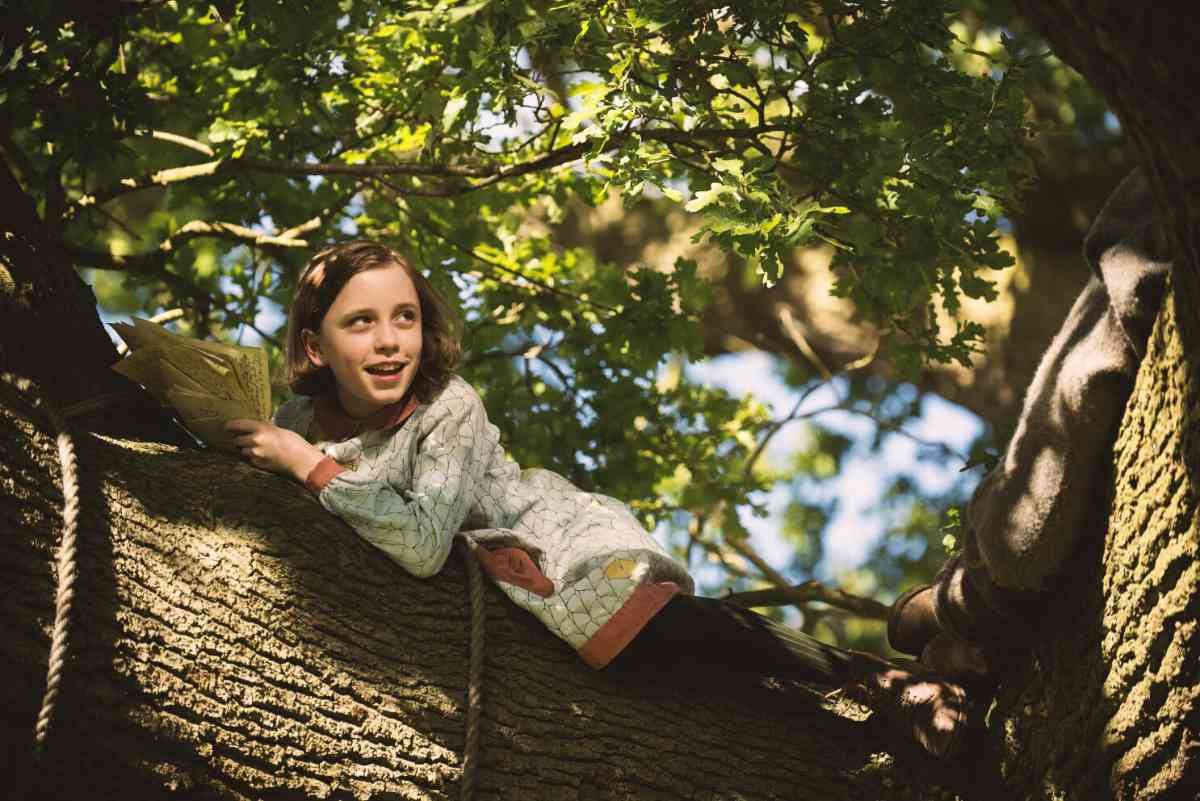
BAFTA-winning Marc Munden (National Treasure, Utopia) directed the new adaptation from a screenplay by multiple award-winning Jack Thorne (Harry Potter and the Cursed Child).
David Heyman (Harry Potter franchise, Paddington 1 & 2) and Rosie Alison (Paddington 1 & 2) produced the film, and Jane Robertson (The Danish Girl, Bridget Jones’s Baby) co-produced.
The Secret Garden Review Score: 9/10
STXfilms will release The Secret Garden movie on PVOD on August 7 on all transactional platforms in North America at the suggested retail price of $19.99.
